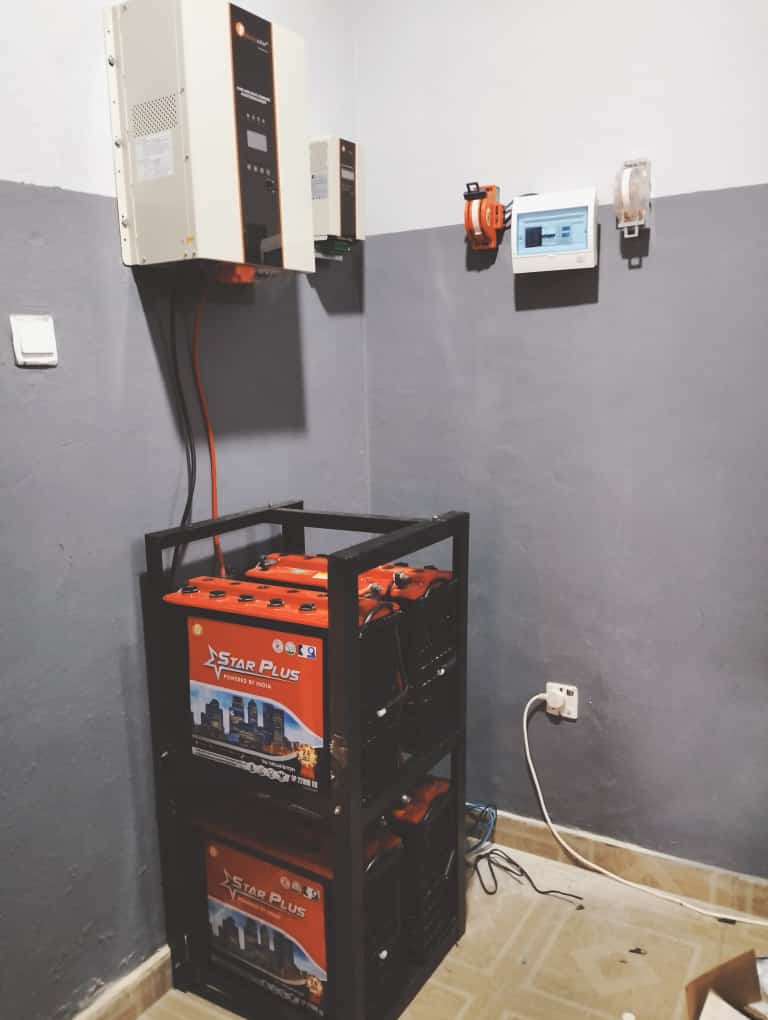
solar cells at high temperatures. High power-conversion efficiency and inexpensive solution processing have made perovskite solar cells (PSCs) popular. However, assuring their stability at high temperatures has been difficult because the “interfaces”—the points of contact between their many layers—are prone to degradation, which reduces performance and causes energy loss.
In a new study, researchers have found that they can minimize PSC degradation at high temperatures by using fluorinated aniliniums, a class of compounds used in pharmaceuticals, agrochemicals, and materials science. The study was led by Michael Grätzel at EPFL, Edward Sargent at the University of Toronto, and Kenneth Graham at the University of Kentucky. It is published in Science.
The researchers incorporated fluorinated aniliniums in the “interfacial passivation” step of PSC fabrication. Interfacial passivation is a technique used to enhance the stability and performance of interfaces between different layers or materials to minimize defects, reduce charge recombination, and improve overall efficiency and stability.
Adding fluorinated aniliniums enhanced the stability of PSCs by avoiding progressive ligand intercalation. This prevented the continuous penetration of ligand molecules between the layers or structures of the perovskite material, which destroys the integrity of the crystals, leading to degradation and decreased performance of PSCs.
Using this approach, the scientists achieved a certified quasi-steady-state power-conversion efficiency of 24.09% for inverted-structure PSCs. When they tested an encapsulated PSC—a device within a protective enclosure—at a temperature of 85°C, 50% relative humidity, and 1-sun illumination (the intensity of sunlight under normal, clear-sky conditions at solar noon), the device worked at its maximum power generation for an impressive 1560 hours (~65 days) while maintaining its functionality and efficiency.
The study is a major contribution to PSC stability and offers a potential solution for enhancing their performance, durability, and reliability in high-temperature environments, bringing us closer to the terawatt-scale deployment of this promising photovoltaic technology.
Get the full details of this post in the link below:

